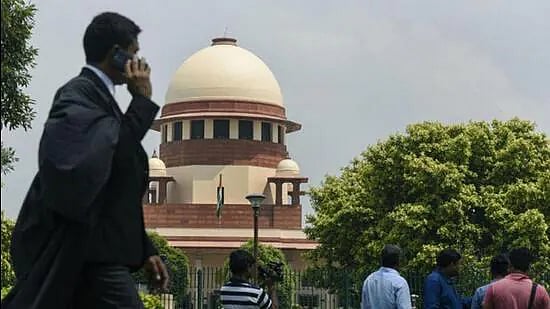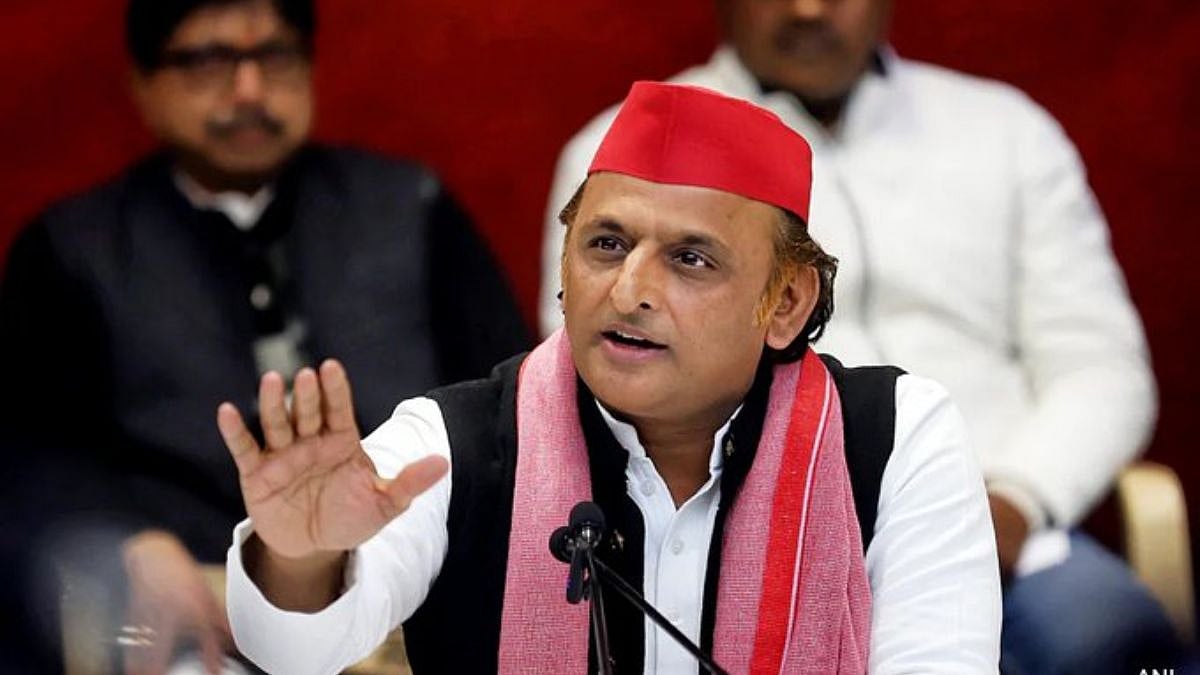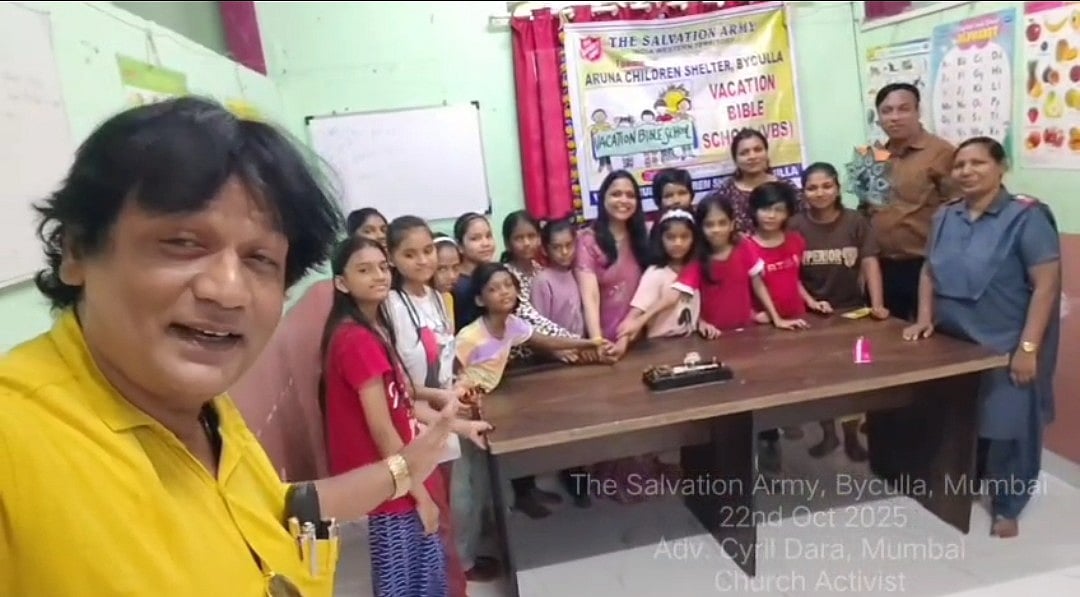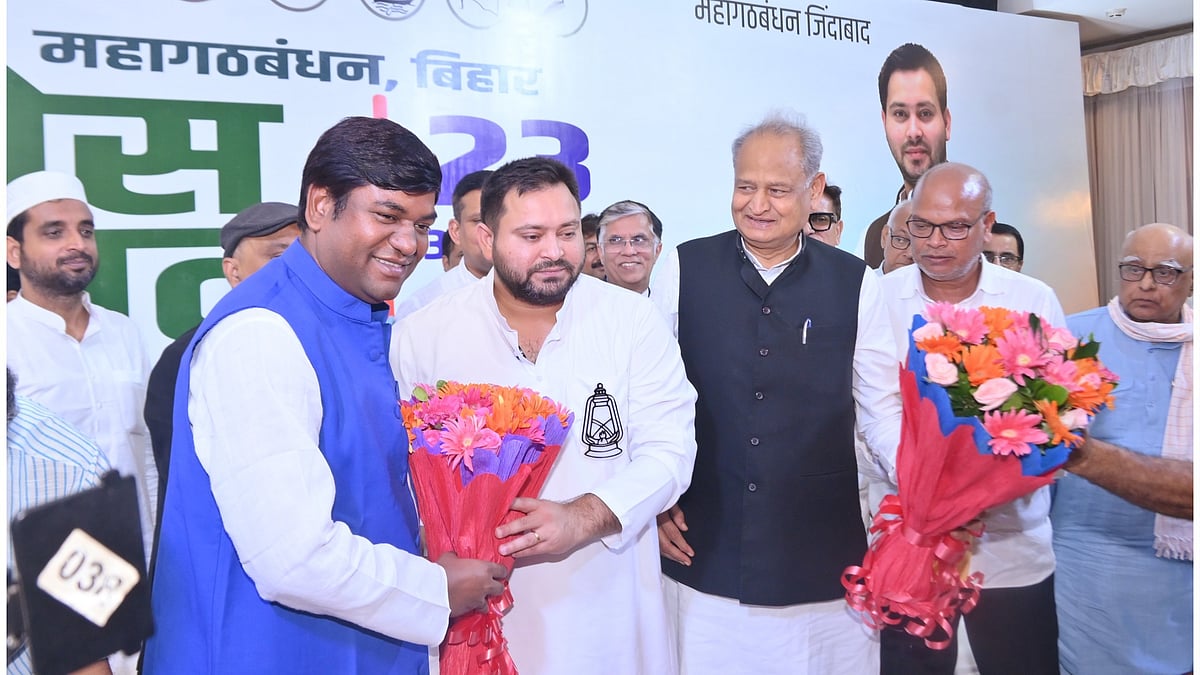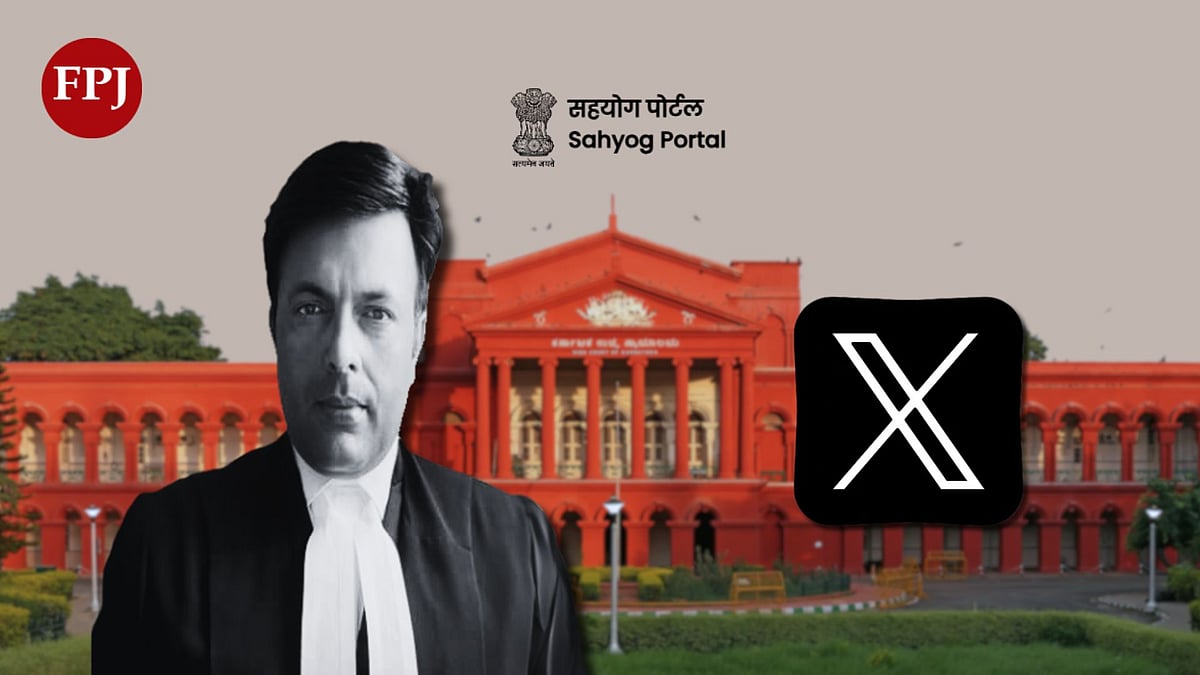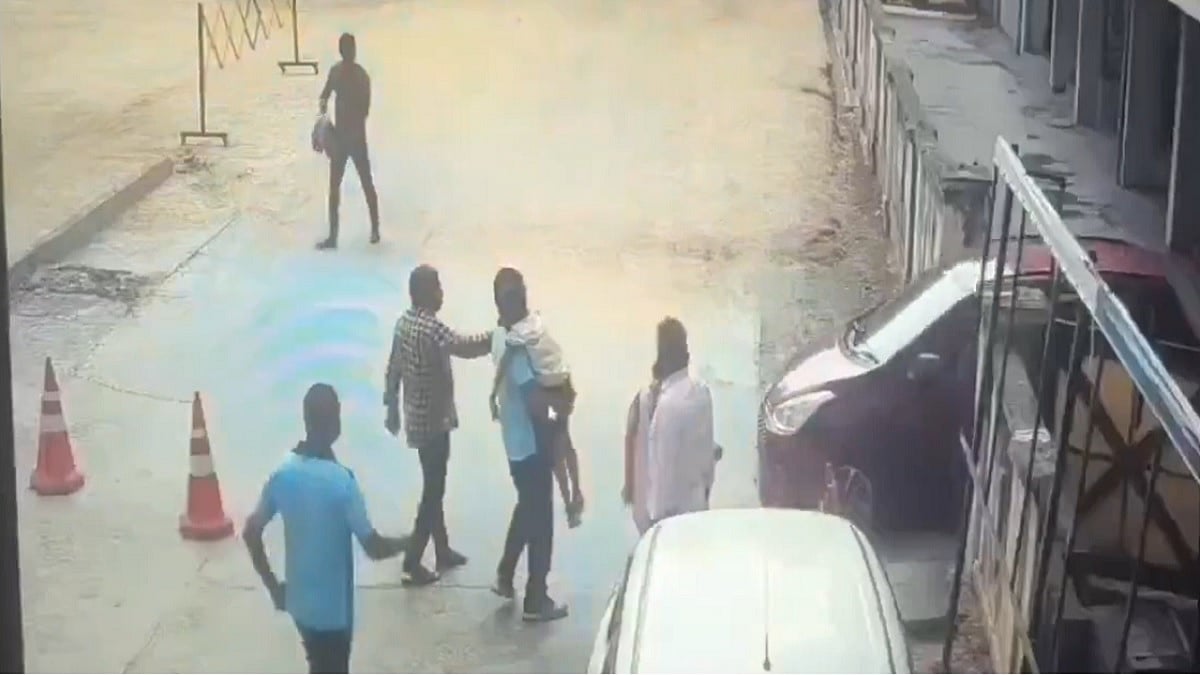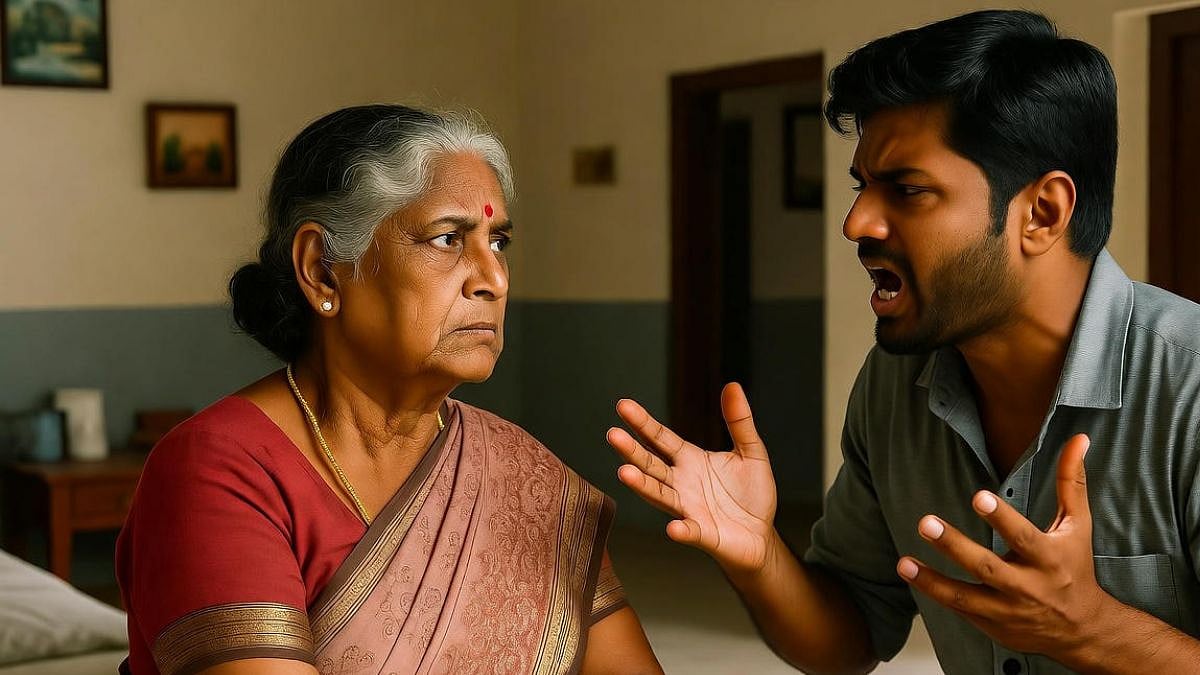New Delhi: The Union government on Wednesday, October 22, amended the Information Technology (Intermediary Guidelines and Digital Media Ethics Code) Rules, 2021, limiting the authority to issue online content takedown orders to senior government officials and courts.
The move, the Centre said, aims to streamline accountability, though digital rights advocates have criticised the changes as increasing opacity and reducing transparency.
Here's an earlier statement by X on the case:
Takedown Orders Now Restricted to Senior Officials
Under the amended rules, social media platforms can be directed to remove or block content only through a court order or by an official not below the rank of joint secretary or director. In the case of the police, only officers of at least deputy inspector general rank can issue such notices.
The government further clarified that all takedown directions must be “a reasoned intimation, in writing”. Previously, any “appropriate government or its agency” could issue such orders, a clause that digital platforms and rights groups had long criticised for its broad interpretation.
The Ministry of Electronics and Information Technology has notified the amendments directly in the gazette, with the rules coming into effect on November 15. No draft was placed for public consultation before notification.
Advocacy Group Flags Lack of Safeguards
Digital rights organisation Internet Freedom Foundation (IFF) said the revised provisions “cannot meaningfully be described as safeguards” and instead “entrench opacity and weaken procedural safeguards”. In a statement, the group argued that the 2025 rules grant more departments the authority to issue takedown orders, making them the “primary censorship tool”.
“The design is procedurally simpler, faster, and routed through an online platform, while lacking hearings, independent committee review, or public disclosure,” the IFF said. The organisation warned that the changes could increase the volume of takedown requests, risk over-removal of content, and create a chilling effect on free expression.
The IFF also noted that bypassing public consultation violates the government’s 2014 Pre-Legislative Consultation Policy, which requires draft rules to be published for at least 30 days.
Ongoing Legal Tussles
The amendment comes amid continuing legal challenges over the government’s content takedown powers. In March, social media platform X moved the Karnataka High Court questioning the Centre’s authority to issue such orders under Section 79 of the IT Act, arguing that many lacked proper reasoning.
The High Court dismissed X’s plea in September, saying that platforms cannot be given “anarchic freedom”. X is now preparing to appeal the decision in the Supreme Court.
